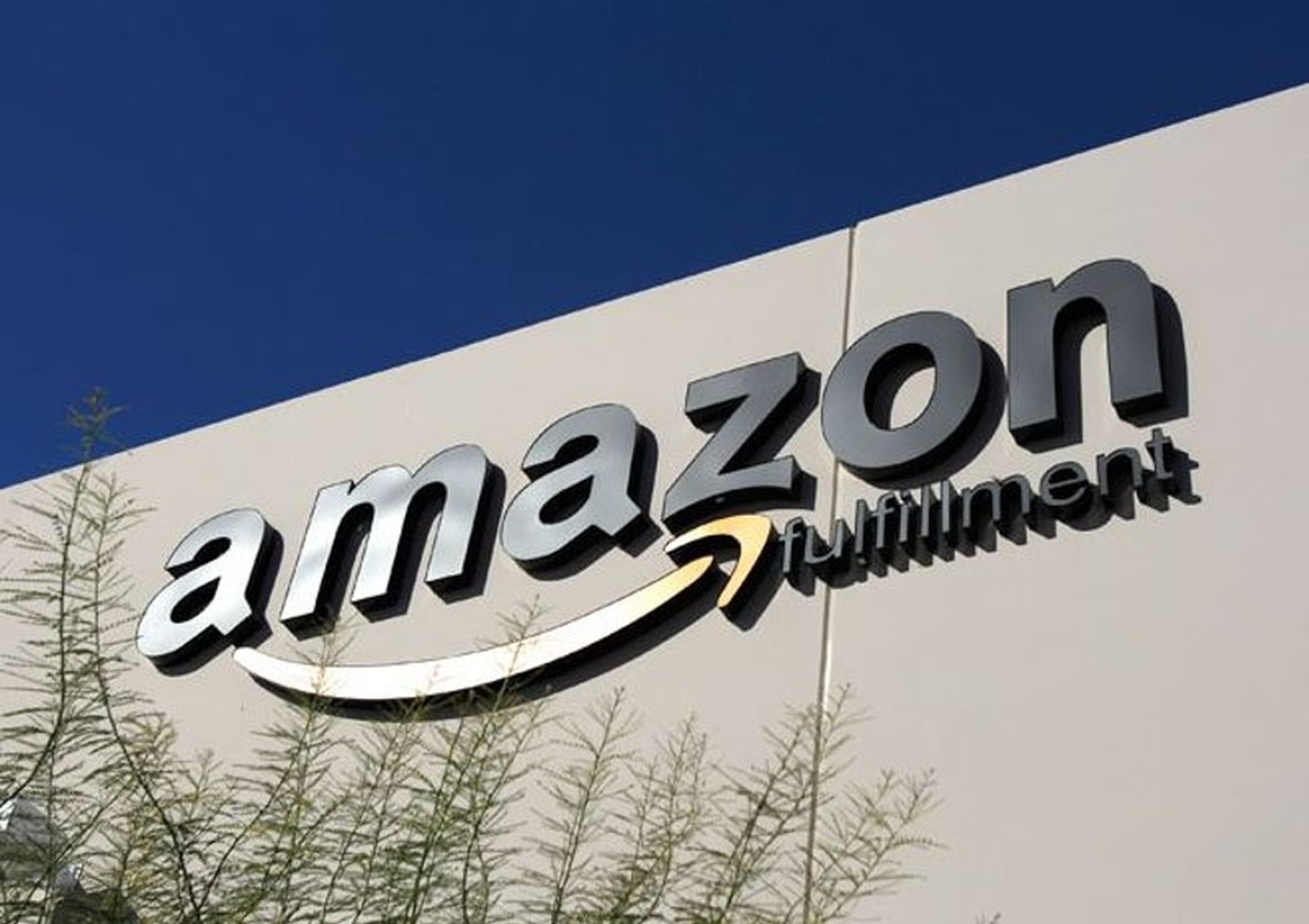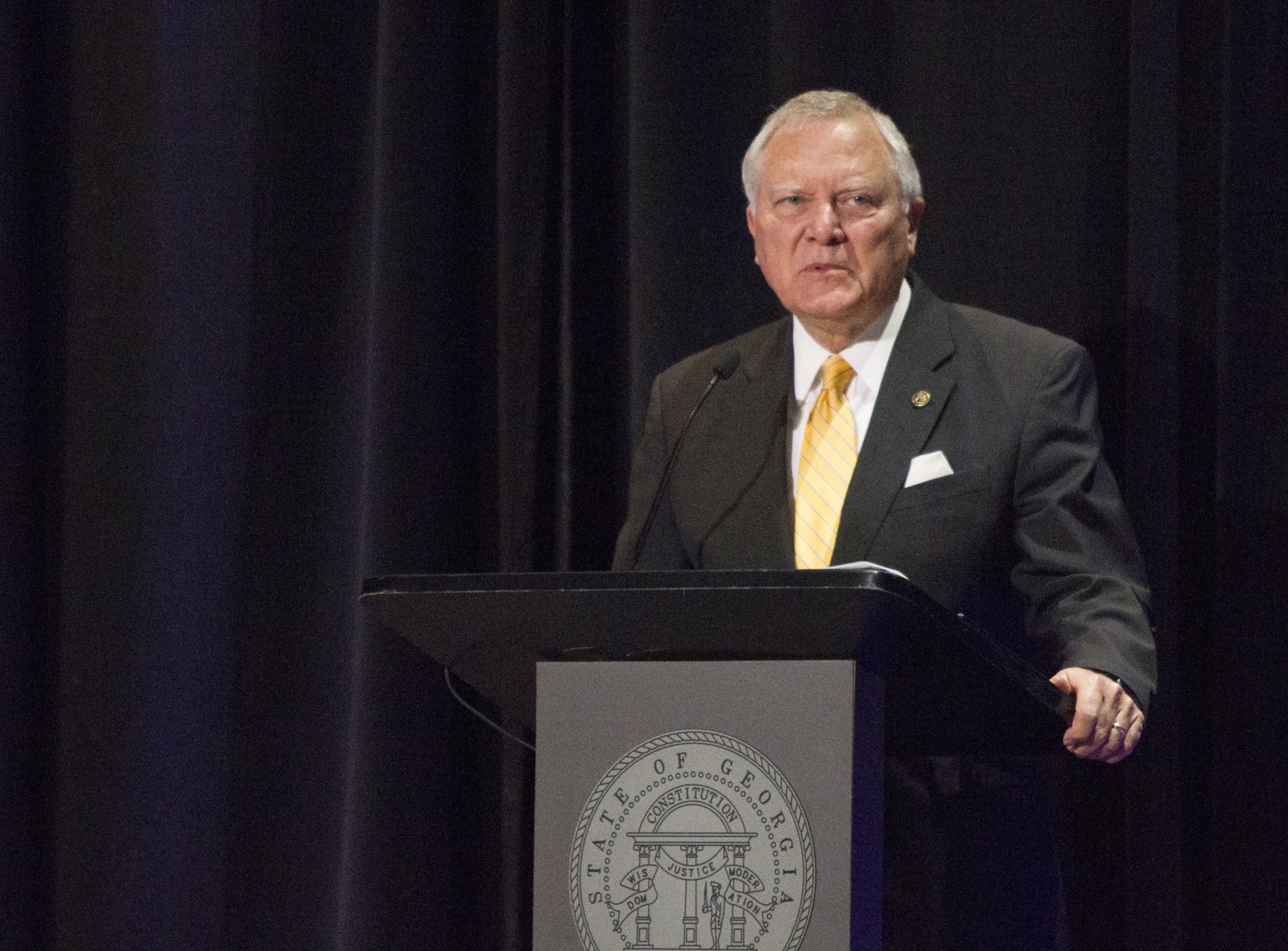Letter urges Amazon HQ2 finalists to avoid bidding war
Dozens of economists, urbanists and policy advisers are calling on the finalists for Amazon’s second headquarters to prevent the recruitment from devolving into a bidding war over incentives.
The hunt for HQ2 and its promise of 50,000 jobs already prompted leaders in states such as New Jersey and Maryland to offer multibillion-dollar packages of tax breaks and other perks.
Georgia’s bid, shrouded in secrecy afforded under state law, is also said to total more than $1 billion in various grants, tax breaks and transportation improvements.
Gov. Nathan Deal also has said he could call a special session of the legislature to craft a package of Amazon-specific goodies if the state is a top-three finalist for the $5 billion project.

On Jan. 18, Amazon narrowed its list of contenders to 20 North American communities, including Atlanta, Austin, Boston, Chicago, Denver, New York and Toronto.
The shortlist included three communities in the Washington, D.C., area, and two in the New York City metro area, amplifying the potential for communities within a single region to try to one-up their rivals.
The letter says the tax breaks and other perks doled out to big businesses “are often wasteful and counterproductive,” and calls on the finalists to create and sign a “non-aggression pact that rejects such egregious tax giveaways” and cash perks for Amazon.
The petition was started by Richard Florida, an author and urban studies professor at the University of Toronto and editor at CityLab.
"While we are supportive of Amazon's quest to build a new headquarters, we fear that the contest among jurisdictions—cities, metro regions, states, and provinces—for this facility threatens to spiral out of control," said the letter posted to change.org. "Already, at least four jurisdictions have proposed multi-billion-dollar incentive packages. This use of Amazon's market power to extract incentives from local and state governments is rent-seeking and anticompetitive. It is in the public interest to resist such behavior and not play into or enable it."
Georgia and the bulk of its competitors offer a menu of job creation incentives, such as tax credits for newly created jobs, grant programs and other perks. Many of the programs in Georgia are embedded into state law, meaning companies receive the perks if the jobs created or money spent meet certain standards.

A spokeswoman for the state Department of Economic Development declined to comment on an active project. Messages left with Deal’s office and Invest Atlanta were not immediately returned.
So far, New Jersey officials offered a $7 billion package for Amazon if it lands in Newark, while Maryland has offered $5 billion and Chicago offered $2 billion.
Leaders in Toronto and Boston, meanwhile, have signaled they won’t get into a bidding war over the project, instead touting the quality of their workforces and educational systems while pledging investments in learning and infrastructure that would benefit the respective communities.
“States, cities, and metropolitan regions should compete on the underlying strength of their communities—not on public handouts to private business,” the letter said.
Among the other signers include former Georgia Budget and Policy Institute chief Alan Essig, former U.S. Secretary of Labor Robert Reich and Ellen Dunham-Jones, a Georgia Tech professor and director of the university’s urban design program.



